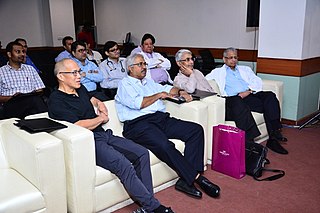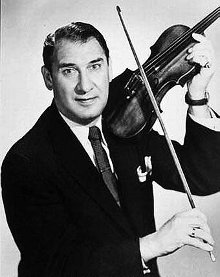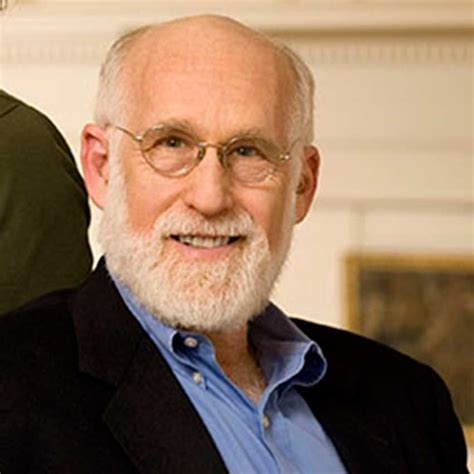A Quote by Javier Perez de Cuellar
I am like a doctor. I have written a prescription to help the patient. If the patient doesn't want all the pills I've recommended, that's up to him. But I must warn that next time I will have to come as a surgeon with a knife.
Related Quotes
Let the surgeon take care to regulate the whole regimen of the patient's life for joy and happiness by promising that he will soon be well, by allowing his relatives and special friends to cheer him and by having someone tell him jokes, and let him be solaced also by music on the viol or psaltery. The surgeon must forbid anger, hatred, and sadness in the patient, and remind him that the body grows fat from joy and thin from sadness.
Macbeth: How does your patient, doctor? Doctor: Not so sick, my lord, as she is troubled with thick-coming fancies that keep her from rest. Macbeth: Cure her of that! Canst thou not minister to a mind diseased, pluck from the memory a rooted sorrow, raze out the written troubles of the brain, and with some sweet oblivious antidote cleanse the stuffed bosom of that perilous stuff which weighs upon her heart. Doctor: Therein the patient must minister to himself.
The freedom of patient speech is necessary if the doctor is to get clues about the medical enigma before him. If the patient is inhibited, or cut off prematurely, or constrained into one path of discussion, then the doctor may not be told something vital. Observers have noted that, on average, physicians interrupt patients within eighteen seconds of when they begin telling their story.
Remember. You are a physician. You are not a policeman nor are you a minister of religion. You must take people as they come. Remember, too that though you will generally know more about the condition than the patient, it is the patient who has the condition and this if nothing else bestows on him or her a kind of wisdom. You have the knowledge but that does not entitle you to be superior. Knowledge makes you the servant not the master.








































